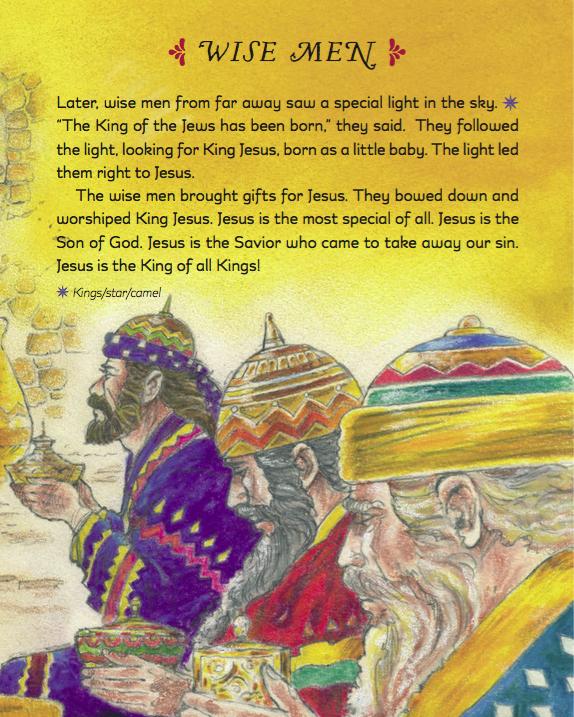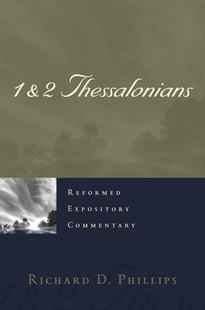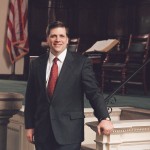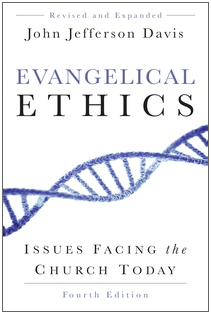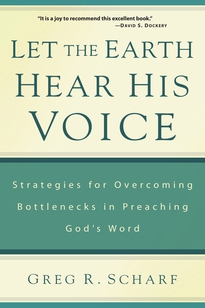Below are the final 2 upcoming releases for 2015 from P&R Publishing. They will both be released December 11, 2015.
For a Continuing Church The Roots of the Presbyterian Church in America by Sean Michael Lucas
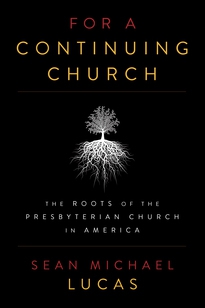
368 pages | Direct Price: $19.99 $15.00 | Paperback | Subject: Reformed Traditions / Church History
Summary
The Presbyterian Church in America (PCA) is the largest conservative, evangelical Presbyterian denomination in North America. And yet ministers, elders, and laypeople know only the barest facts concerning the denomination’s founding. For a Continuing Church is a fully researched, scholarly yet accessible account of the theological and social forces that brought about the PCA.
Drawing on little used archival sources, as well as Presbyterian newspapers and magazines, Lucas charts the formation of conservative dissent in response to the young progressive leadership that emerged in the Presbyterian Church in the United States (PCUS) in the 1920s and 1930s. Their vision was to purify the PCUS from these progressive theological elements and return it to its spiritual heartland: evangelism and missions. Only as the church declared the gospel with confidence in the inspired Scriptures would America know social transformation.
Forty years after its founding, the PCA has nearly 400,000 members and is still growing in the United States and internationally.
Endorsements
“As God did a glorious work in the lives of his imperfect but beloved covenant people, he would at times tell them to ‘pile up some stones’ in order to remember what he had done and to teach the ‘coming generations.’ Sean Lucas has ‘piled up some stones’ to prod our remembrance of the gracious work of God’s providence in establishing the Presbyterian Church in America. And the ‘coming generations’ are therefore sure to be both encouraged and equipped for a future that by God’s grace will be marked with an imperfect yet loving obedience.”
—Harry L. Reeder III, Senior Pastor, Briarwood Presbyterian Church, Birmingham, Alabama
“With For a Continuing Church, Sean Michael Lucas has remedied the neglect that southern Presbyterians have generally suffered at the hands of church historians. His story of conservatives in the Presbyterian Church in the United States follows carefully the Old School tradition as it developed and adapted to twentieth-century life, and then informed the founding of the Presbyterian Church in America. If history teaches lessons, Lucas’s book has at least a semester’s worth for both those who belong to the PCA and others who desire to promote and maintain the witness of Reformed Protestantism.”
—D. G. Hart, author of Calvinism: A History
“Don’t let the title fool you. This is about far more than the PCA. This book is nothing less than a history of Presbyterianism in the twentieth century—with all its theological wrangling, all its political maneuvering, all its failings, and all its faithfulness. This is certainly a story worth telling, and Sean tells it very well.”
—Kevin DeYoung, Senior Pastor, University Reformed Church, East Lansing, Michigan
Spreading the Feast Instruction and Meditations for Ministry at the Lord’s Table by Howard Griffith
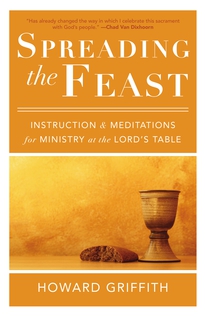
152 pages | Direct Price: $14.99 $11.50 | Paperback | Subject: Theology / Sacraments
Summary
In this practical book for those who serve the Lord’s Supper, Howard Griffith provides an understanding of the sacrament and twenty-eight pastoral meditations that span both the Old and New Testaments. Spreading the Feast will help students to understand different facets of the Lord’s Supper and pastors to form their own words of explanation and exhortation as they minister at the Table, proving especially helpful to those who celebrate communion frequently.
Endorsements
“Theologically sound and insightful throughout. Here indeed is a feast for all who value their participation in the sacrament, but especially for pastors, whether beginning or experienced, looking for help in making their own ministering at the Table more meaningful and honoring to the Lord.”
—Richard B. Gaffin Jr., Professor of Biblical and Systematic Theology, Emeritus, Westminster Theological Seminary, Philadelphia
“I have profited greatly from Spreading the Feast. . . . Howard’s treatment is biblically sound, and he opens up rich themes, of which some pastors may be unaware. The book will be very useful for pastors and students of theology. I recommend it highly.”
—John M. Frame, J. D. Trimble Professor of Systematic Theology and Philosophy, Reformed Theological Seminary, Orlando
“Professor Howard Griffith puts us all in his debt by his clear and rich exposition of the meaning of the Supper. But he does much more than that. Reclaiming the older tradition of ‘table sermons,’ he simultaneously provides both a model for pastors and soul-nourishing teaching to help us all to discover the joy of union and communion with Christ.”
—Sinclair B. Ferguson, Professor of Systematic Theology, Redeemer Seminary, Dallas
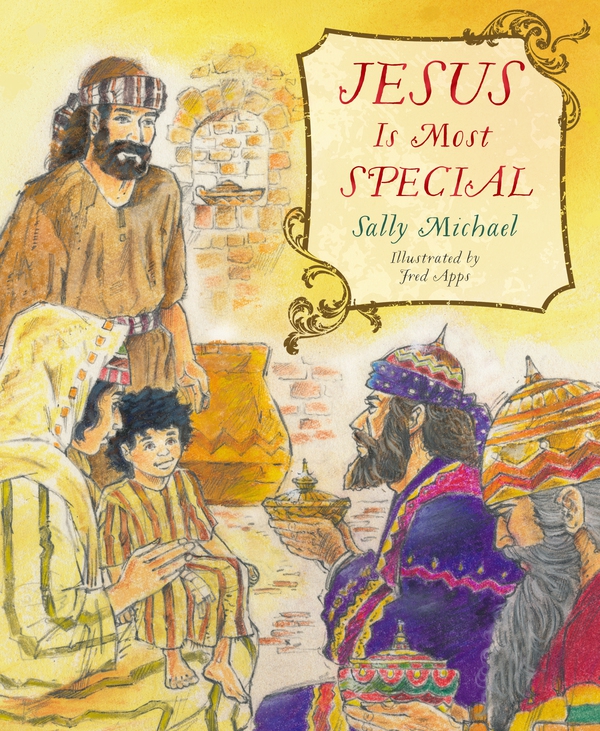
 Sally Michael is the co-founder and publishing consultant of Children Desiring God, and she developed their widely used Sunday school curriculum for young people. She is also an author and a speaker, and she served as Minister for Children at Bethlehem Baptist Church in Minneapolis, Minnesota, for sixteen years.
Sally Michael is the co-founder and publishing consultant of Children Desiring God, and she developed their widely used Sunday school curriculum for young people. She is also an author and a speaker, and she served as Minister for Children at Bethlehem Baptist Church in Minneapolis, Minnesota, for sixteen years.
